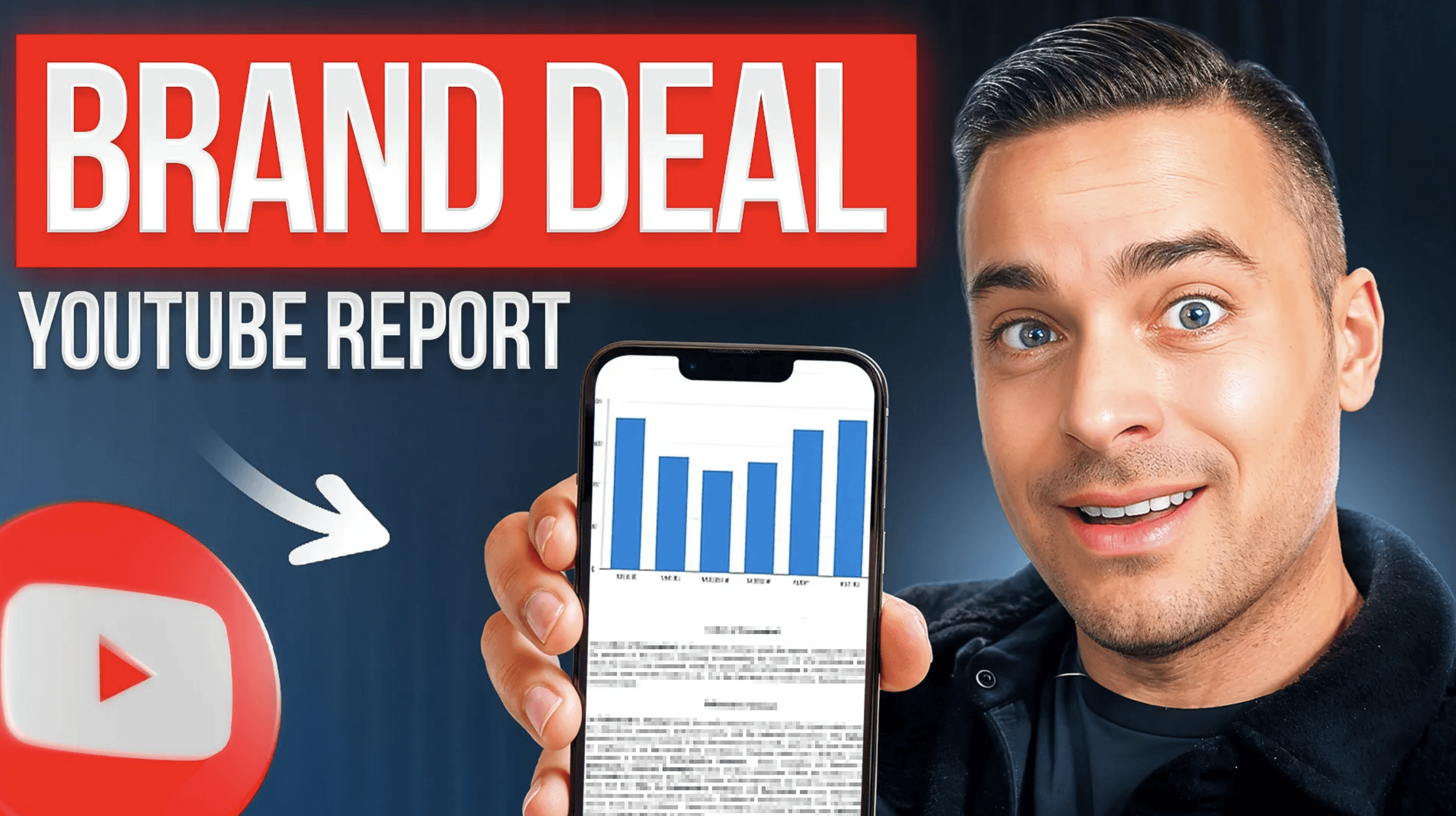
The 5-Step Framework That Keeps Negotiations Professional (Even When Emotions Run High)
When a brand decides to run a marketing campaign, they have a particular marketing objective in mind.
They put together a plan outlining the internal and external partners they need because they can't do it alone.
They dream of finding someone like you and saying, "We'd like to pass the baton to you."
Searching for partners sucks. Help them end their search with you!
You're both on the same team. You're not fighting each other. This is not a battle.
You're running the same race. They want to hand it off to you so you can take it to the finish line.
And guess what?
They're going to pay you money for this! In fact, they'll pay you lots of money if you can make their lives easier.
Brands want to relax. They don't want to be stressed about whether they'll achieve their marketing objectives.
So if you can tell them, "I got this, don't worry. You don't need to micromanage me because I'm a professional. I got it from here…"
…They'll fall head over heels for you.
But if you're ever feeling stuck, here's the R.E.L.A.Y. negotiation framework you can use at any point in your negotiations to figure out what to do or say next.

Reflect
First, when the brand or agency says something you don't understand or didn't expect, Reflect on why you think they're asking for this.
They may be asking for more deliverables than you expected or for you to say things in your work that you think are weird. Think about why that might be.
"Ahh, of course, because brands take abject pleasure in trying to stress me out!"
Let's be real - it's almost certainly not that.
Educate
Next, Educate the brand and explain your position with confidence.
Don't simply concede and say, "OK, I'll do whatever it takes to make it work."
No. If the brand says you need to add four different calls to action, you explain to them how that will substantially affect the performance of your work (and here's what we should do instead).
Listen
Next, Listen. After you educate the brand on your position, they'll either say, "OK, we trust you, we can make that work…" or, "No. You must do it our way, or it'll be the highway."
You must be objective and open-minded, not emotional and entitled.
Remember, what separates professionals who get hired repeatedly for projects from amateurs who only ever get one-off sponsorships is understanding that this is a business transaction.
You must have empathy for your partner throughout this partnership.
Adjust
Then, you have to Adjust. You must decide whether you're going to:
A. Modify your position based on these new conditions or explanations from the brand or
B. Stand your ground
This will be context-specific based on your current rapport with the brand or agency, whether this is the first sponsorship you've done with them, and so many other factors.
Yield
Finally, and this might surprise you; you're going to Yield.
That's right. You're not going to take every single last dollar off the table.
Because what happens in that scenario? Even though the deal gets done, the brand or the agency has a sour taste in their mouths.
And now you must execute this partnership together where they're already on the defensive.
However, if you pull up slightly before the final agreement and concede something minor, they'll think, "Wow! That was awesome of them to do that!" They'll feel the deal was fair and be more willing to work with you through any issues that arise during the execution phase.
And you're going to vastly increase the chances of getting repeat business.
R.E.L.A.Y. Negotiation Framework
Reflect – why are they saying this?
Educate – explain your position with confidence
Listen – be objective and open-minded
Adjust – modify your position based on new conditions
Yield – "Pull up" before final agreement
One of the critical mindset shifts in negotiations is that you will make a different amount of money on every single deal.
Like the stock market, having a well-diversified portfolio means some dividends will be more lucrative than others.
It's the same with sponsorships. You can't get hung up on insignificant details in every negotiation so don't waste your time arguing over pennies if the brand's offer is fair. Just accept it and move on to the next one.
Again, like a stock portfolio, what matters is not the individual deals per se; it's about how much money you're bringing in consistently.
Of course, my goal is to help you make a lot more money on each sponsorship, but it's essential to have the broader perspective that, in two years, you won't remember whether a company paid you 10% less or 20% more than you usually get. You'll remember how much you made the entire year.
So, don't get fixated on trivial things that can cause your relationship with the brand or the agency to deteriorate.

Get the ongoing support you need to set win-win pricing, submit spellbinding proposals, and negotiate like a pro.











